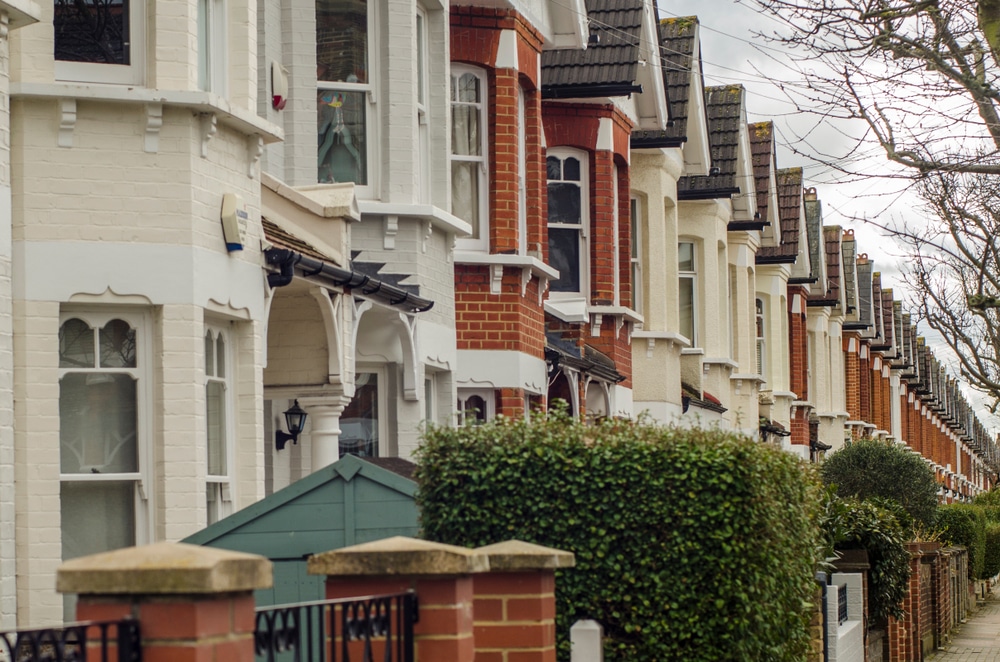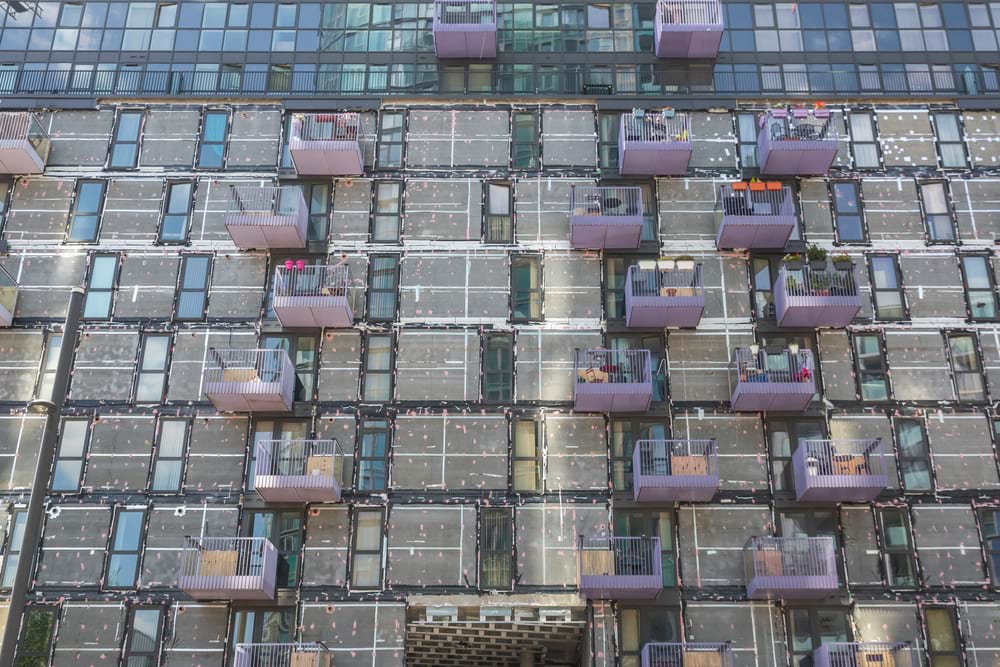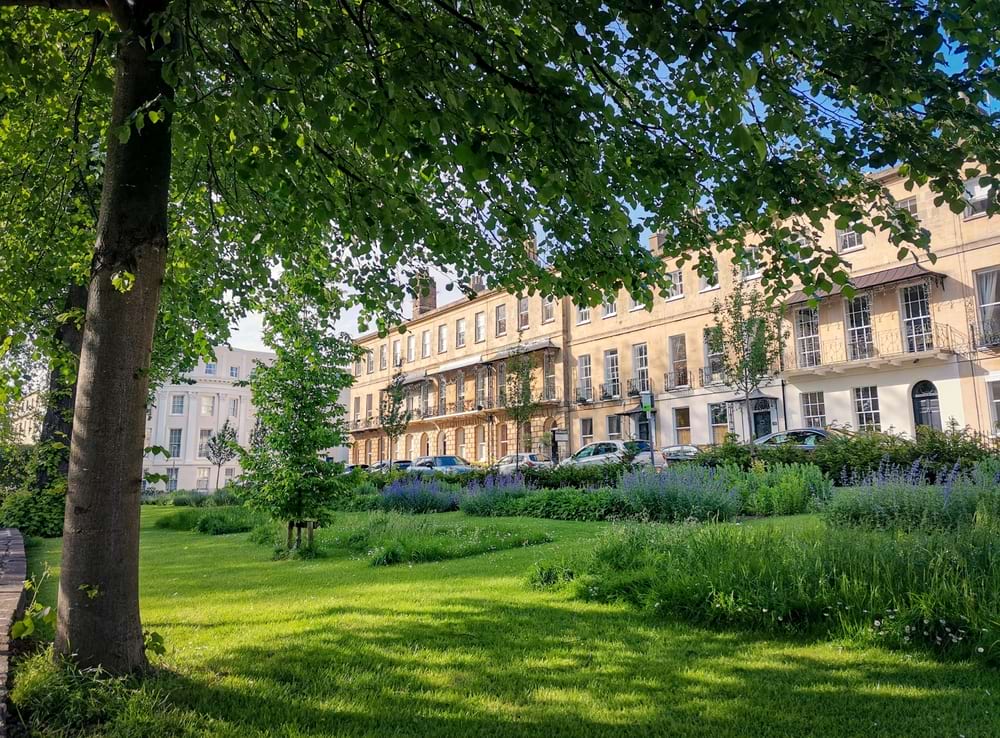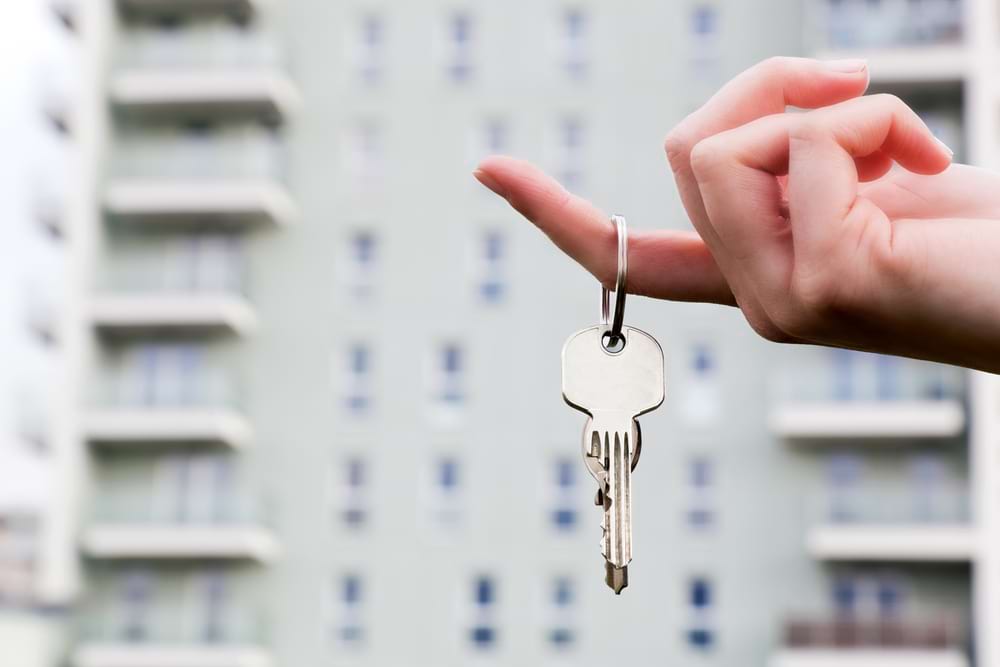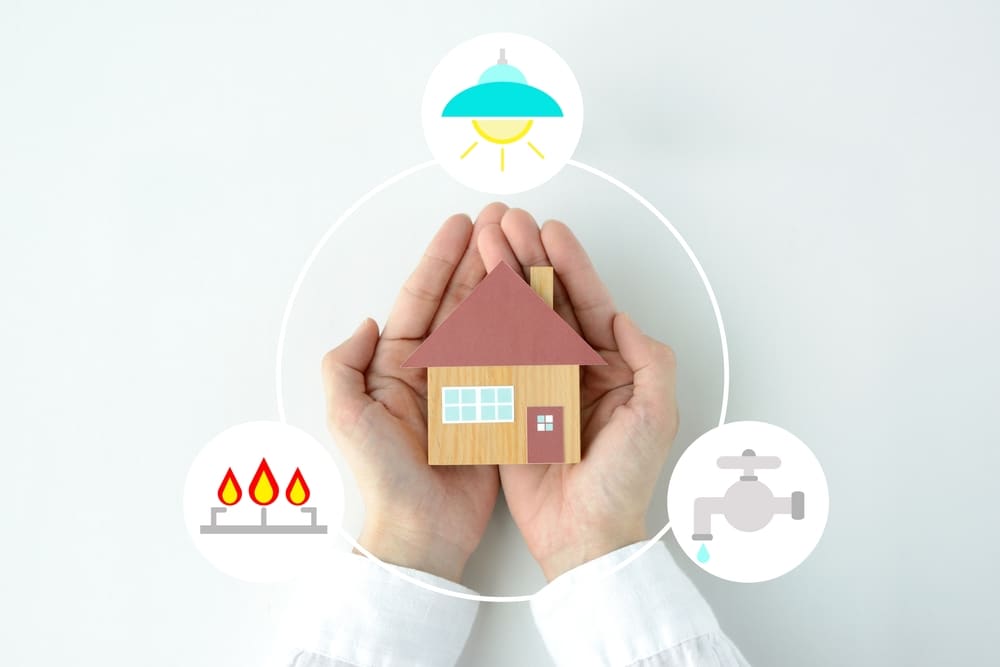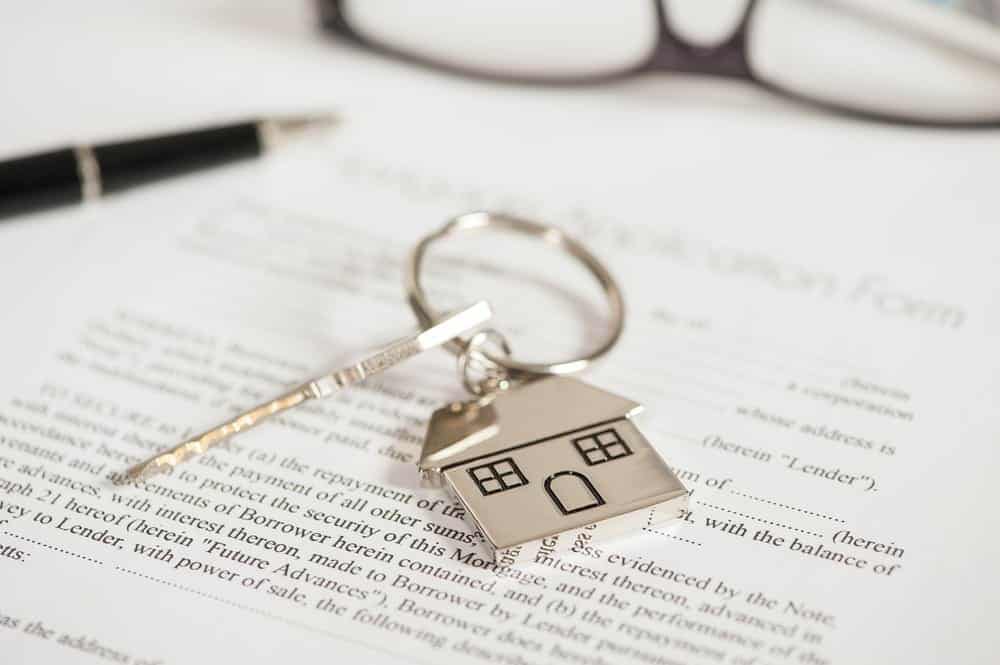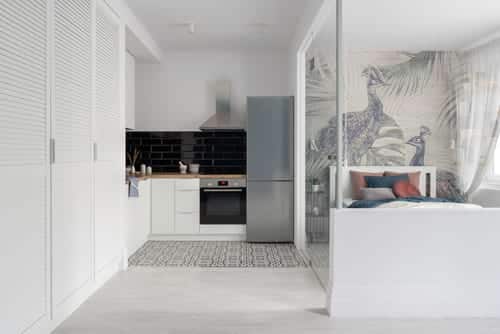Value is one of the most important considerations when buying or selling a property.
Most homeowners will make changes to the property to increase its value before selling.
On the other hand, prospective buyers often enter the market when they think that property value will be low.
But what exactly decreases and increases property value? Is it only external factors, or are there things homeowners do which are detrimental, too?
Read on to learn more.
What increases property value?
Time
The general trend of the last 50 years is that property value increases over time.
Therefore, if someone purchases a house and lives in it for at least ten years, they have historically noticed an increase in the property’s value. With that being said, there are other factors which increase house value.
Maintenance and small repairs
Small changes, such as cleaning your property or repainting worn-down walls, can positively impact your house’s value.
These are also relatively inexpensive improvements to make. It would help if you watched for other minor fixes, such as:
- Limescale build-up in bathrooms
- Squeaky flooring
- Dirty carpets
- Broken lightbulbs
- Having a well-kept garden.
Extensions
Homeowners often invest in more expensive house changes to add value.
Many people also invest in an extension – particularly for their kitchen or conservatory room. It adds to the property’s value.
Before jumping into these changes immediately, you should speak to experts and ensure that the amount you spend on making these additions is not greater than the value it will add to your house.
Loft conversions
Another popular investment is a loft conversion. These tend to be less expensive than an extension but add value to your house because a new room is being added.
Furthermore, loft conversions often do not require planning permission because the room is already there.
External factors
There are external factors, too, which add value to a property. If demand for a new house in your area is high but supply is low, then your house’s value will typically increase.
Likewise, if there is a ‘local buzz’ which makes living in your area desirable.
Perhaps the nearest school has ranked highly in the national rankings.
Or maybe your village has been named ‘one of the happiest places to live‘ in the UK.
What decreases property value?
External economic factors
There are lots of external factors which may decrease a property’s value.
If the economy is in a recession, most people will have less money readily available, and the bids on properties tend to go down during this period.
Local market
Local changes may also drive down your house’s value.
For example, suppose a new railroad is being built at the back of your garden (adding lots of noise) or new streetlights have been added, creating light pollution through your bedroom windows.
In that case, these are factors which potential buyers will consider ‘damaging’.
Negative local issues
Other neighbourhood issues that may reduce your property value include:
- Rising crime levels
- A history of flooding in the area/street
- Declining local economy (perhaps many local high street stored are closing down).
While some of these factors may seem insignificant, these are all considerations for people valuing and buying houses.
Changes you have made
Sometimes, changes you make to your property can negatively impact its value.
Allowing the house to be worn down will reduce its value. For example:
- Dirt on the walls
- Paint peeling
- An unkempt garden.
Environmental issues
You can also experience a decrease in house value if you have a low energy efficiency rating. Nowadays, some buyers care deeply about environmental issues like this (some even prefer a sustainable kitchen).
Untidiness
Likewise, if there is lots of clutter in your property, or you have ‘overpersonalised it’.
For example, bright pink paint has been used everywhere, which is not to the buyer’s taste – then this will decrease its value, too.
Generally speaking, lightening the property (with paint and other means) also helps improve a property’s appearance.
Neighbour disputes
Your property’s value will also decrease if you dispute it with your neighbours.
The new owners could be inheriting this dispute, whatever it may be, and therefore will consider your house less valuable because they do not want to go through the hassle. This may result in you struggling to sell your house.
